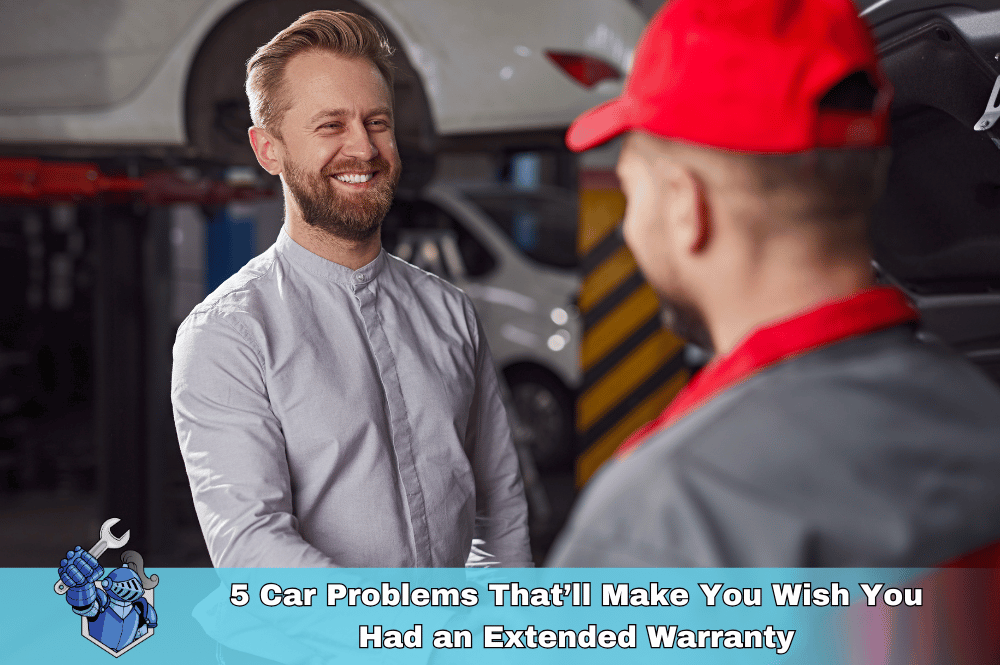When it comes to vehicle maintenance, one of the most fundamental yet often overlooked aspects is the type of fuel you put into your car. The correct fuel choice is crucial for the optimal performance and longevity of your vehicle. Using the wrong fuel can lead to costly repairs, affect your vehicle's efficiency, and even impact your eligibility for an extended warranty. In this article, we'll delve into why selecting the appropriate fuel matters, how it can influence your vehicle's health, and why ensuring your car is covered by an extended warranty is a smart move.
Understanding Fuel Types: Gasoline, Diesel, and Alternatives
Before we dive into why the correct fuel matters, let's explore the different types of fuels available and their specific uses.
- Gasoline: The most common fuel type, gasoline, is used in the majority of vehicles on the road today. It’s suitable for vehicles with internal combustion engines, which rely on spark ignition.
- Diesel: Diesel fuel is used in vehicles with diesel engines, which rely on compression ignition. Diesel engines are known for their fuel efficiency and are commonly found in trucks, buses, and some cars.
- Ethanol Blends: Ethanol is a renewable fuel made from plant materials. Ethanol blends like E10 (10% ethanol, 90% gasoline) are common in the U.S. Flex-fuel vehicles can run on higher ethanol blends, such as E85.
- Electricity: Electric vehicles (EVs) use electricity stored in batteries to power an electric motor. While not technically a fuel, electricity is an energy source that powers a growing number of vehicles today.
- Compressed Natural Gas (CNG): CNG is an alternative fuel that can be used in specially designed vehicles. It’s a cleaner alternative to gasoline and diesel, offering lower emissions.
- Hydrogen: Hydrogen fuel cells generate electricity to power electric motors, offering a zero-emissions alternative. However, hydrogen fueling infrastructure is still limited.
Why Using the Correct Fuel Matters
1. Engine Performance
Using the right fuel is essential for maintaining your engine's performance. Vehicles are designed to operate with specific fuel types and using the wrong one can lead to suboptimal performance. For instance, using regular gasoline in a car designed for premium fuel can result in knocking—a condition where the fuel ignites prematurely, potentially causing engine damage.
Diesel engines, on the other hand, operate differently from gasoline engines. Diesel fuel has a higher energy density and lubricates engine components differently. Using gasoline in a diesel engine or vice versa can cause severe damage, leading to costly repairs that could have been avoided by simply using the correct fuel.
2. Fuel Efficiency
The type of fuel you use directly impacts your vehicle's fuel efficiency. Premium fuels often contain additives that help keep your engine clean, reducing deposits and improving efficiency. However, if your vehicle isn't designed to run on premium fuel, you might not see any benefit from using it. Conversely, using a lower-octane fuel in a high-performance engine can reduce fuel efficiency and lead to higher fuel costs over time.
For diesel engines, the efficiency difference is even more pronounced. Diesel engines are typically more fuel-efficient than gasoline engines, making them a preferred choice for long-distance drivers. However, this efficiency can be compromised if the wrong fuel is used.
3. Emissions
Fuel choice also plays a significant role in your vehicle’s emissions. Diesel engines, for example, produce more nitrogen oxides (NOx) but less carbon dioxide (CO2) compared to gasoline engines. Using the wrong fuel can lead to higher emissions, which not only harms the environment but can also result in your vehicle failing emissions tests required in many states.
Alternative fuels like CNG and hydrogen produce fewer emissions than traditional gasoline and diesel, making them an environmentally friendly choice. However, these fuels require specific engine types, and using them in incompatible vehicles isn’t possible.
4. Engine Longevity
Using the correct fuel is vital for the long-term health of your engine. Fuels with the wrong octane level or those not designed for your engine type can cause wear and tear on internal components, reducing your engine's lifespan. For instance, gasoline engines that require premium fuel may experience knocking or pinging if filled with regular gasoline, leading to potential long-term damage.
Diesel engines are even more sensitive. Diesel fuel contains more lubricants than gasoline, which is necessary for the proper functioning of diesel engines. Using gasoline in a diesel engine can strip away these lubricants, leading to increased friction and potential engine failure.
How Fuel Choice Impacts Your Auto Warranty
One of the lesser known but critical impacts of using the wrong fuel is how it affects your auto warranty, including extended warranties. Manufacturers specify the correct fuel type in your vehicle’s owner’s manual, and using the wrong fuel can void your warranty. This is because using the incorrect fuel is often considered user negligence.
For example, if your vehicle requires premium gasoline and you consistently use regular gasoline, any engine issues that arise may not be covered by your warranty. The same goes for diesel engines; using gasoline in a diesel engine can lead to significant damage that your warranty might not cover.
Extended warranties, such as those offered by NobleQuote, provide coverage beyond the manufacturer’s warranty, offering peace of mind against unexpected repairs. However, the same rules apply—if it’s determined that you used the wrong fuel, the extended warranty might not cover the repair costs.
Why You Need an Extended Warranty
Extended warranties are essential for protecting your vehicle from costly repairs, especially as it ages and the manufacturer's warranty expires. By securing an extended warranty from NobleQuote, you can ensure that you’re covered for various repairs, even those that might arise from fuel-related issues—provided the correct fuel is used, of course.
NobleQuote offers various extended warranty options tailored to meet the needs of different drivers. Whether you're looking for a comprehensive plan that covers nearly every component or a more basic plan for essential parts, there’s an option for you. With an extended warranty from NobleQuote, you can drive with confidence, knowing that even unexpected repairs won’t break the bank.
Conclusion
Choosing the correct fuel for your vehicle is more than just following recommendations; it’s about ensuring your car runs smoothly, efficiently, and lasts for years to come. The right fuel choice impacts everything from engine performance and fuel efficiency to emissions and engine longevity. Moreover, using the wrong fuel can void your warranty and lead to costly repairs.
That’s why it’s crucial to protect yourself with an extended warranty from NobleQuote. With our extended warranty options, you can drive confidently, knowing that you’re covered for a wide range of repairs, including those related to your vehicle’s fuel system. Get your extended warranty quote today from NobleQuote and safeguard your vehicle’s future.
By taking care of your vehicle and ensuring you’re covered with the right warranty, you can enjoy a smoother ride with fewer worries.
Fueling Right, Driving Smart: Your Questions Answered
What type of fuel does my car need?
Check your owner's manual for the recommended fuel type and octane rating. Using the wrong fuel can lead to decreased performance, engine damage, and potentially void your warranty.
What's the difference between regular, mid-grade, and premium gasoline?
The main difference is the octane rating, which measures a fuel's resistance to knocking or pinging. Higher octane fuels are typically required for high-performance engines.
Can I use a higher octane fuel than recommended?
While it won't harm your engine, it likely won't provide any noticeable benefits and can be more expensive.
Can I use a lower octane fuel than recommended?
Using a lower octane fuel can cause engine knocking, reduced performance, and potentially damage your engine, which may not be covered under warranty.
What are the consequences of using the wrong fuel?
Potential consequences include decreased fuel economy, engine damage, voided warranty, and increased emissions.
How does using the wrong fuel affect my car's warranty?
If your car experiences problems directly related to using the wrong fuel, your warranty may not cover the repairs.
What are some tips for choosing the right fuel for my vehicle?
Always follow the manufacturer's recommendations in your owner's manual. If you're unsure, consult with a qualified mechanic or your dealership.
Can I mix different types of gasoline?
While it's generally not recommended, mixing different octane levels occasionally won't cause immediate harm. However, it's best to stick to the recommended fuel type for optimal performance and warranty protection.
What is E85 fuel, and can I use it in my car?
E85 is a blend of 85% ethanol and 15% gasoline. Only use it in vehicles specifically designed for flex-fuel. Check your owner's manual or look for the flex-fuel badge on your car.
Are there any alternative fuels I can use in my car?
Some vehicles can run on alternative fuels like biodiesel, compressed natural gas (CNG), or propane. Check your owner's manual or consult with a specialist to see if your car is compatible.
Suggestions for you
Read MoreLet’s work together
Every week we showcase three charitable organizations that our donations are sent to. Our clients are able to choose which of these three will receive their gift when they add coverage to their vehicle...

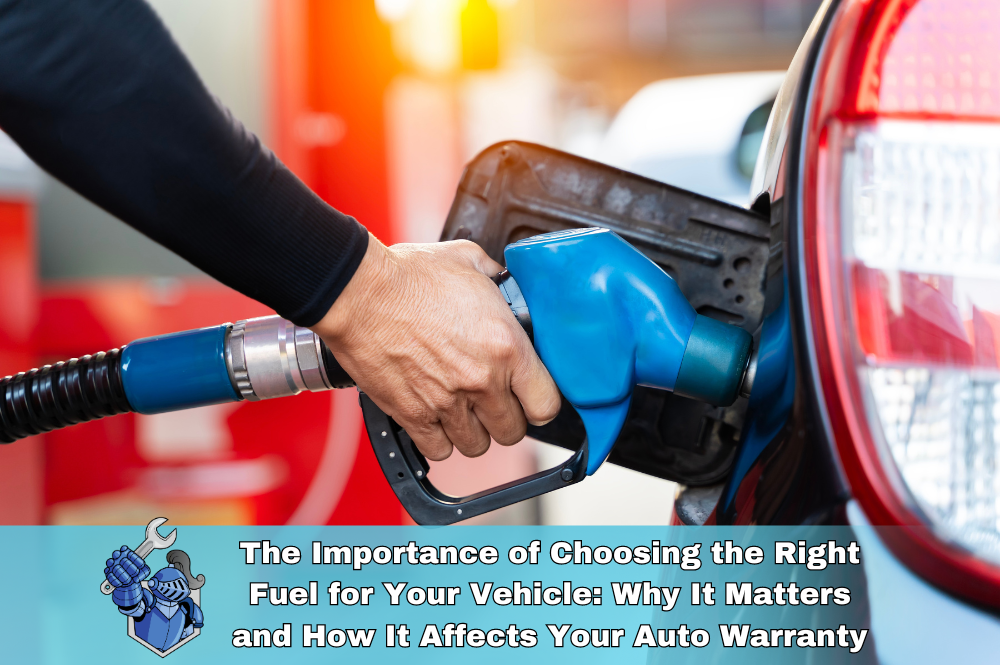
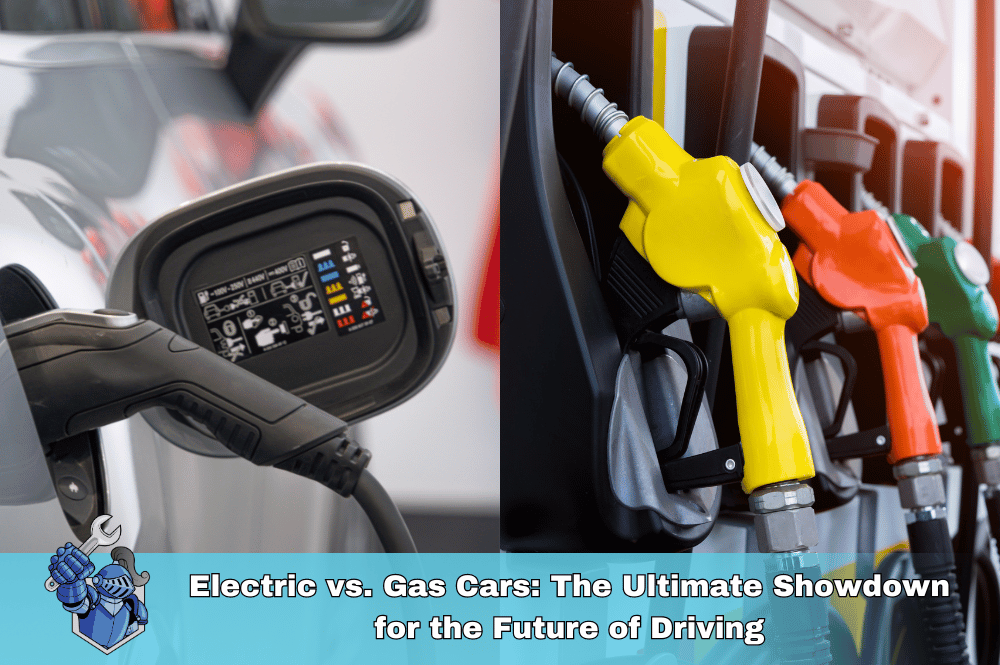 Electric vs. Gas Cars: The Ultimate Showdown for the Future of Driving
Electric vs. Gas Cars: The Ultimate Showdown for the Future of Driving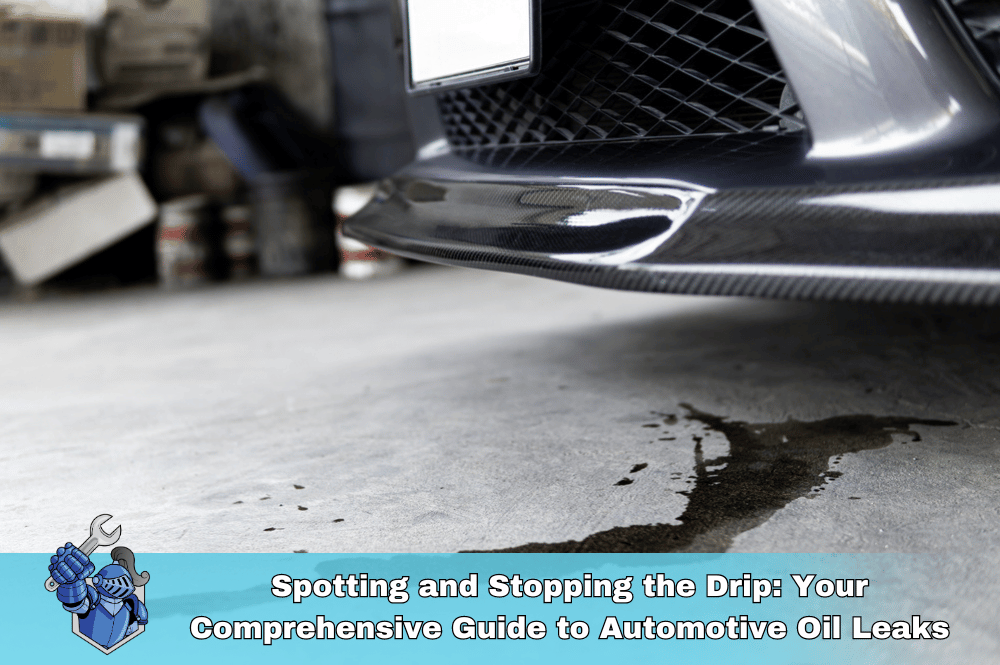 Spotting and Stopping the Drip: Your Comprehensive Guide to Automotive Oil Leaks
Spotting and Stopping the Drip: Your Comprehensive Guide to Automotive Oil Leaks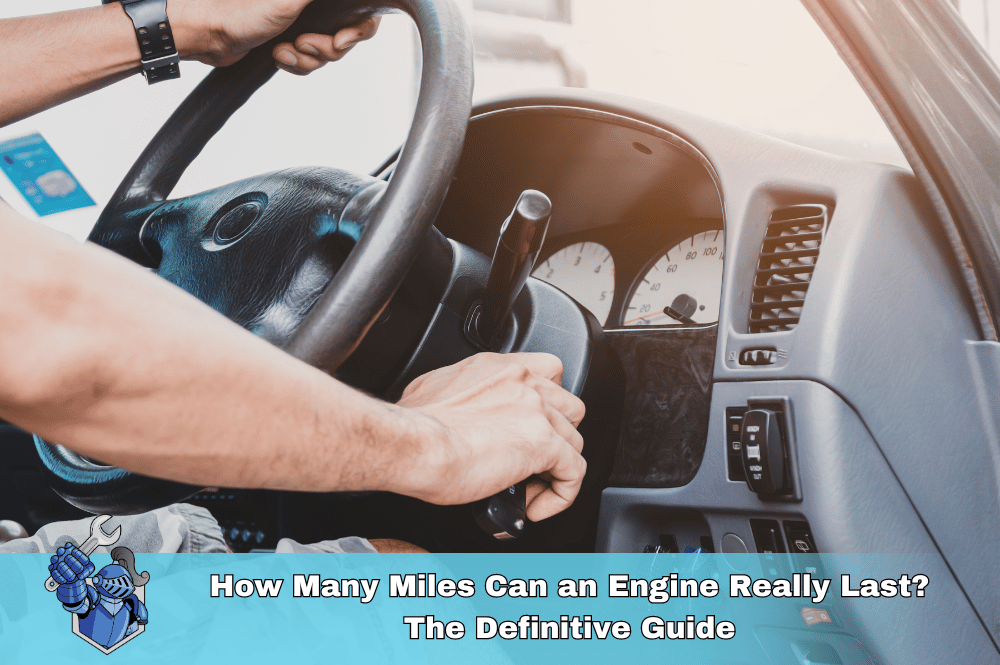 How Many Miles Can an Engine Really Last? The Definitive Guide
How Many Miles Can an Engine Really Last? The Definitive Guide How to Choose the Best First Car for Your Teen in 2024: A Parent's Guide
How to Choose the Best First Car for Your Teen in 2024: A Parent's Guide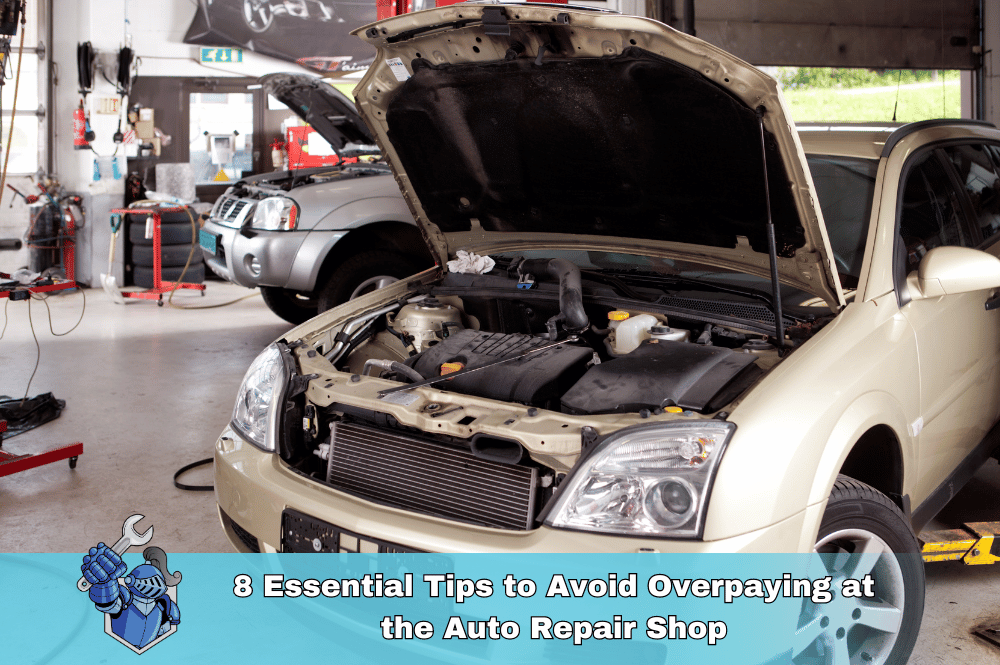 8 Essential Tips to Avoid Overpaying at the Auto Repair Shop
8 Essential Tips to Avoid Overpaying at the Auto Repair Shop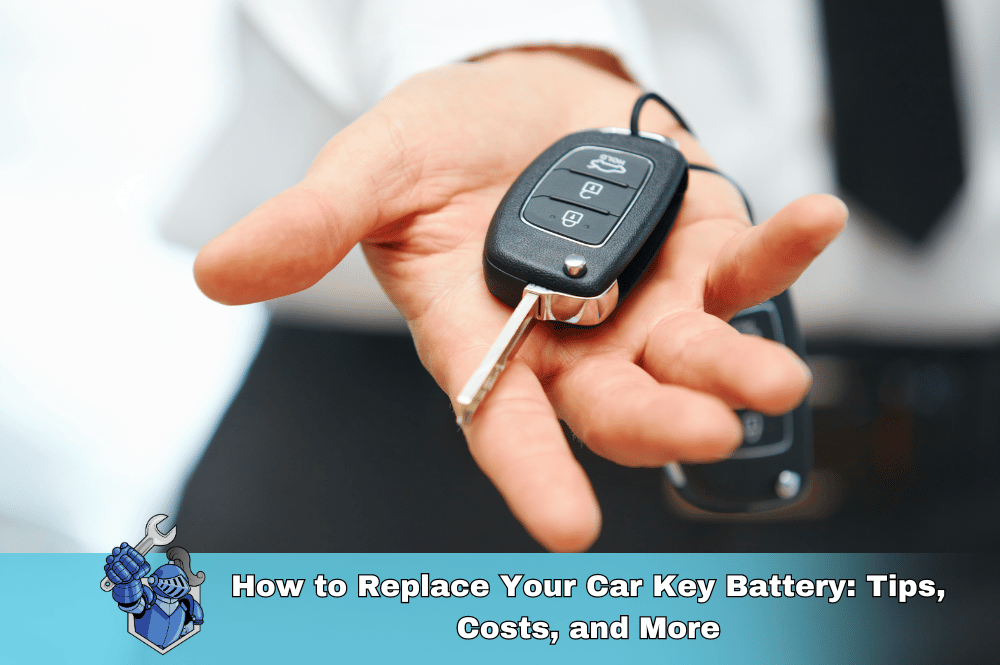 How to Replace Your Car Key Battery Tips Costs and More
How to Replace Your Car Key Battery Tips Costs and More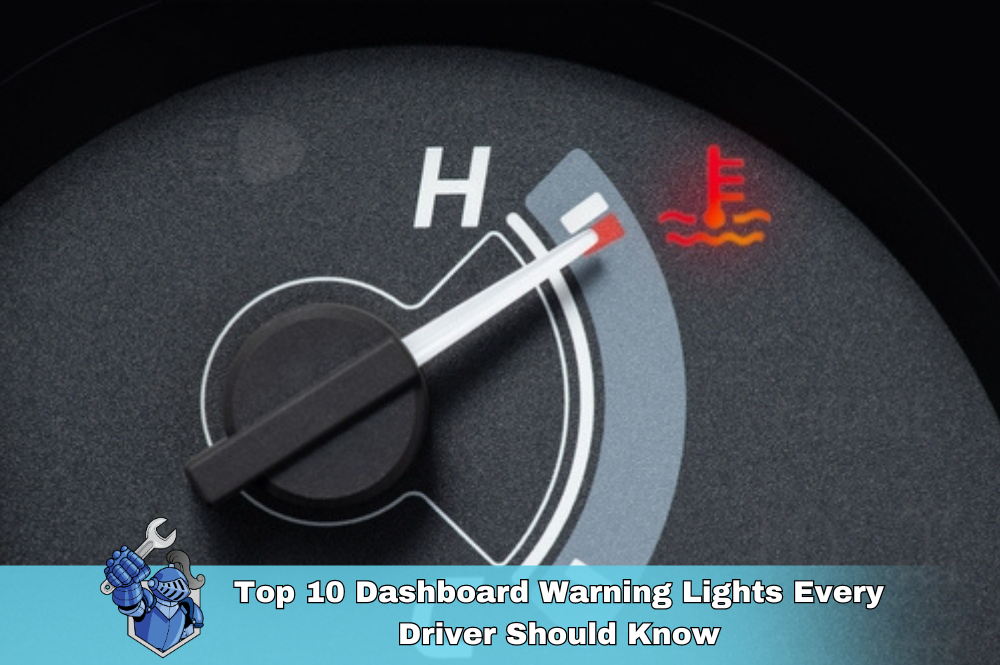 Top 10 Dashboard Warning Lights Every Driver Should Know
Top 10 Dashboard Warning Lights Every Driver Should Know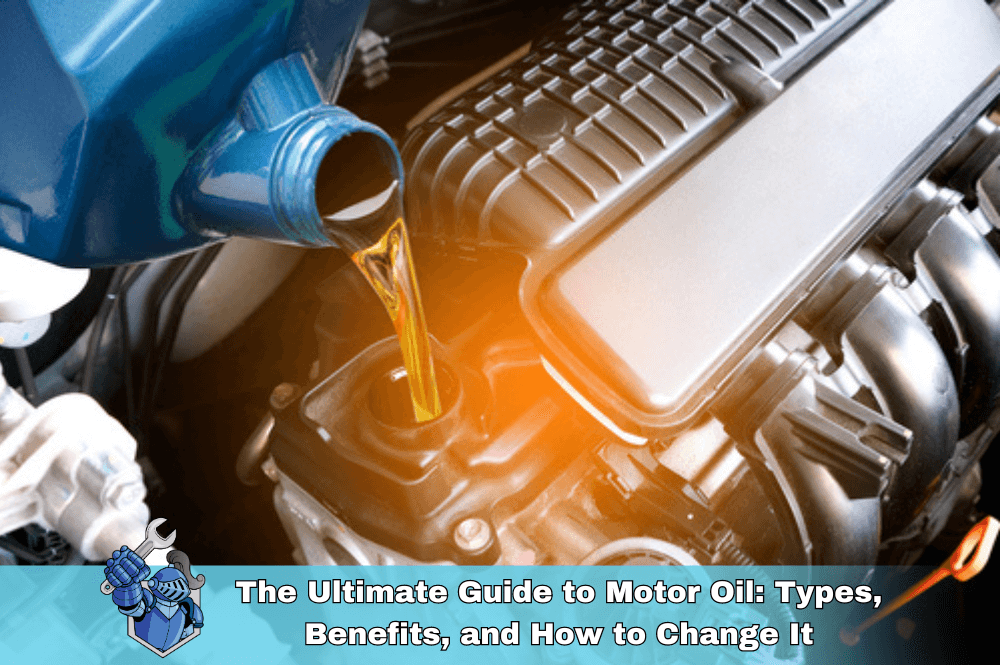 The Ultimate Guide to Motor Oil: Types, Benefits, and How to Change It
The Ultimate Guide to Motor Oil: Types, Benefits, and How to Change It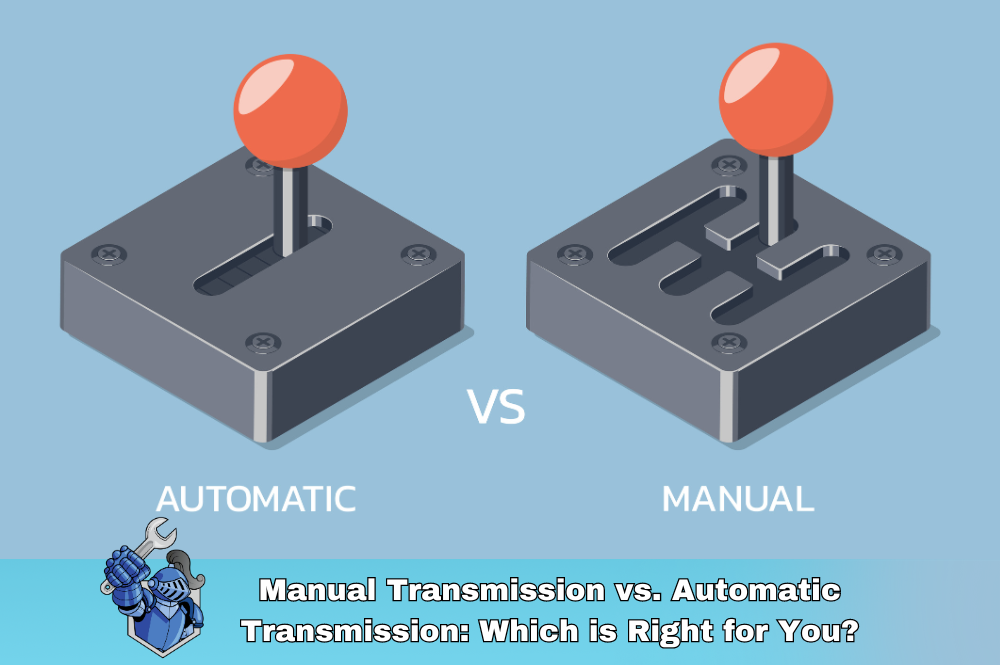 Manual Transmission vs. Automatic Transmission: Which is Right for You?
Manual Transmission vs. Automatic Transmission: Which is Right for You?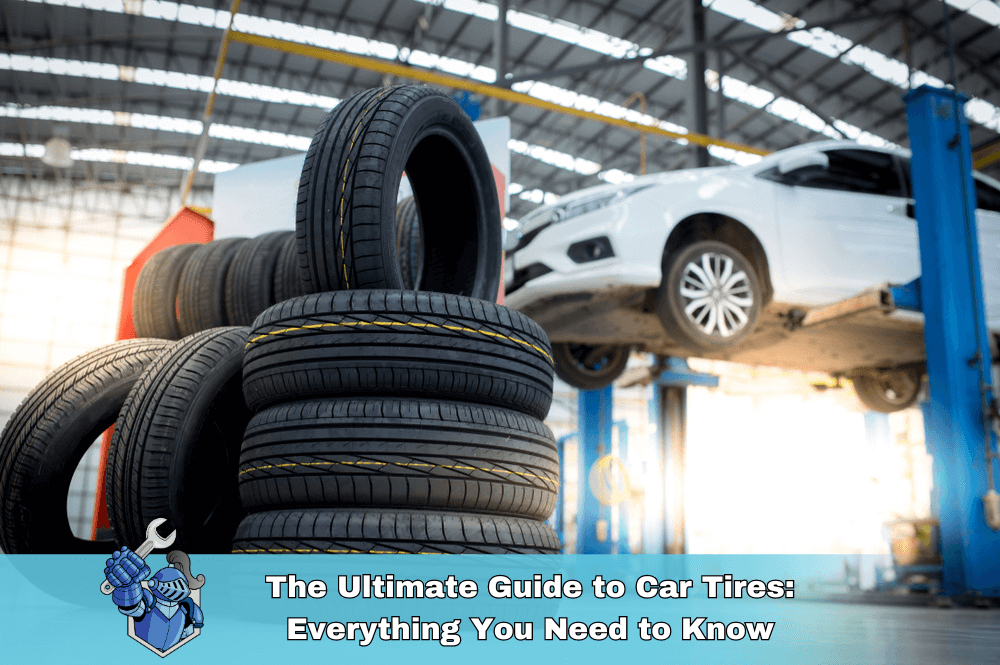 The Ultimate Guide to Car Tires: Everything You Need to Know
The Ultimate Guide to Car Tires: Everything You Need to Know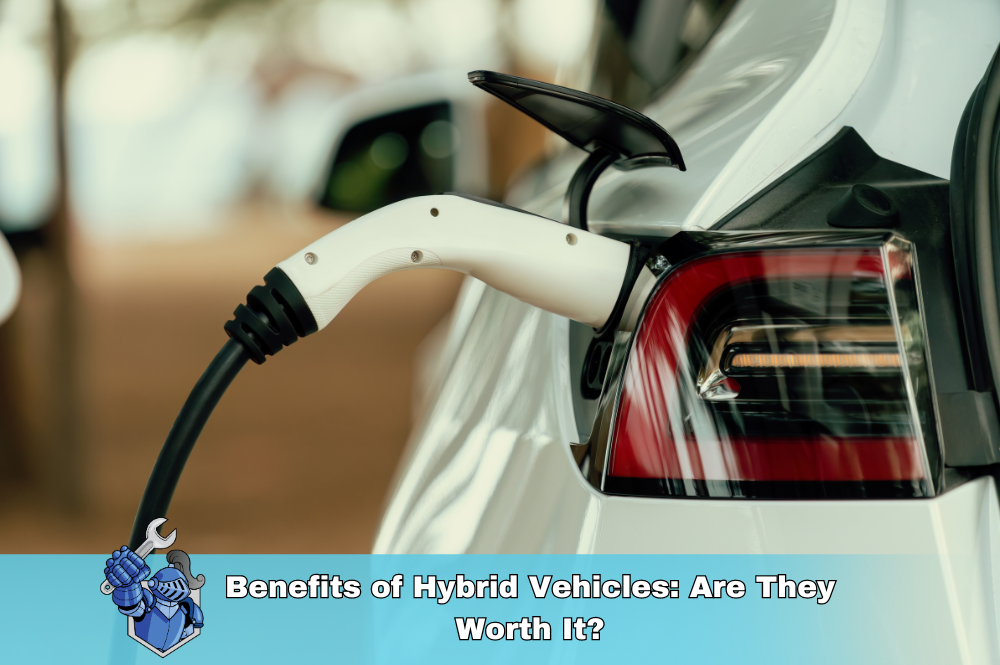 Benefits of Hybrid Vehicles: Are They Worth It
Benefits of Hybrid Vehicles: Are They Worth It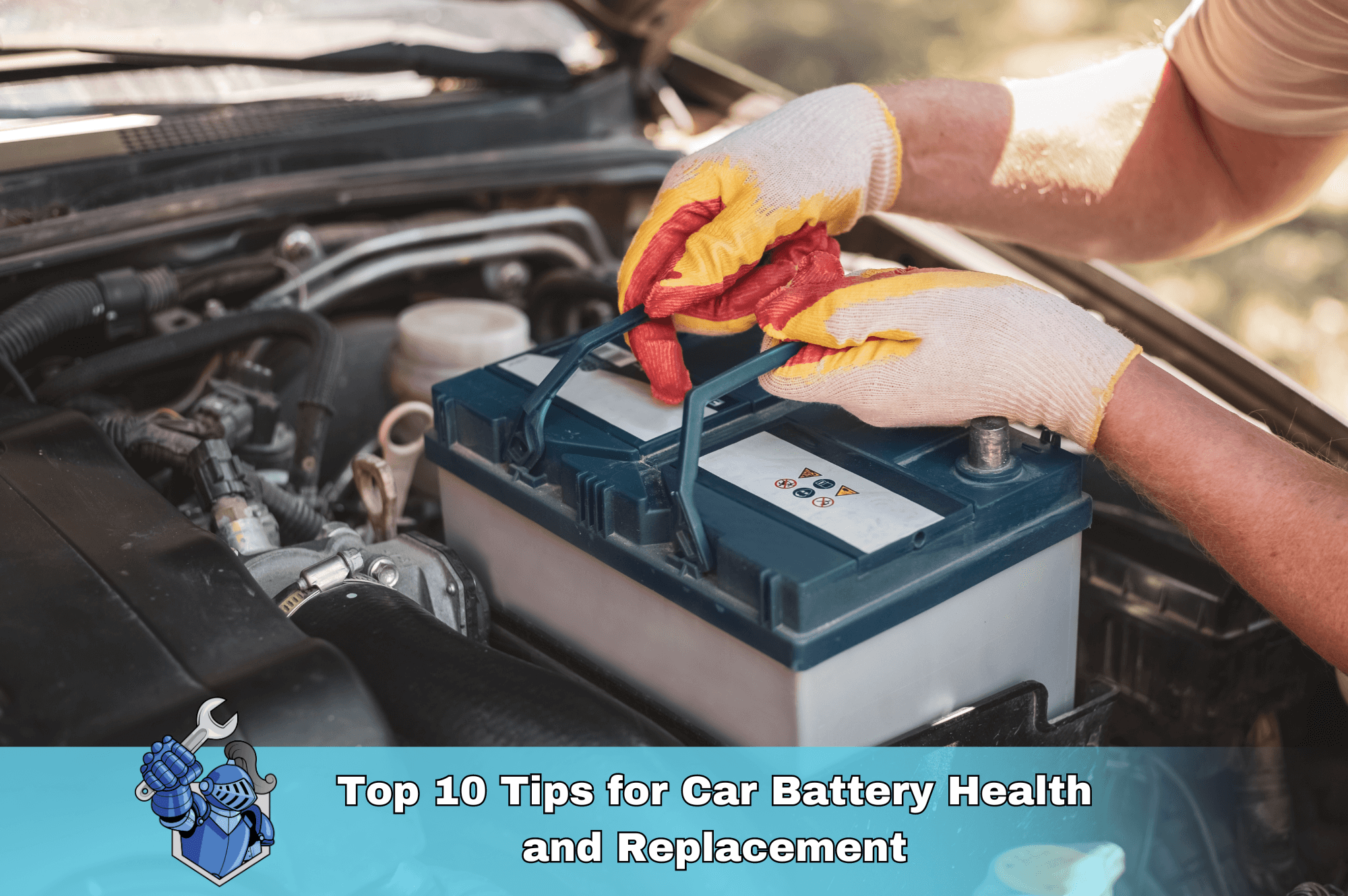 Top 10 Tips for Car Battery Health and Replacement
Top 10 Tips for Car Battery Health and Replacement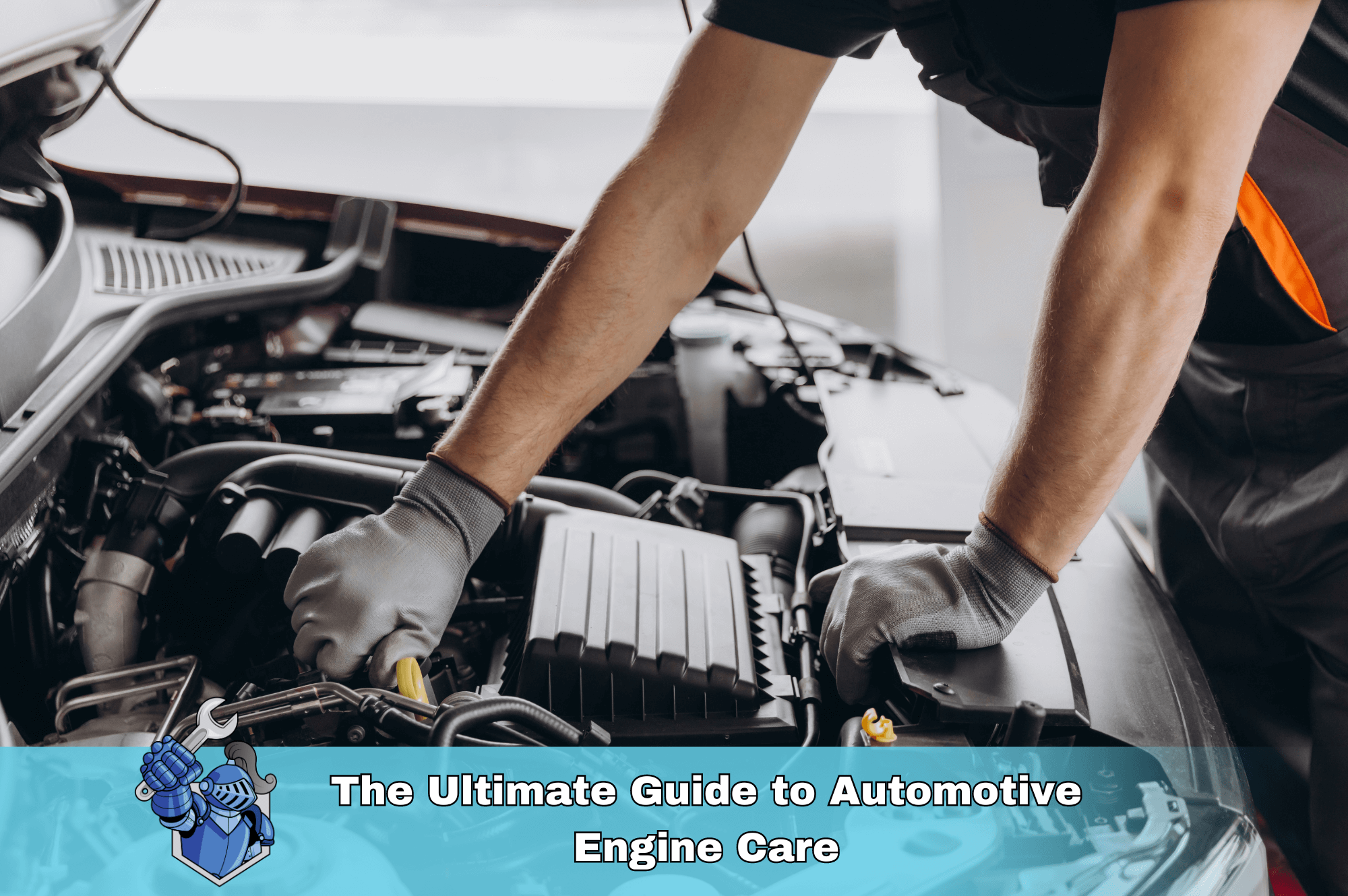 The Ultimate Guide to Automotive Engine Care
The Ultimate Guide to Automotive Engine Care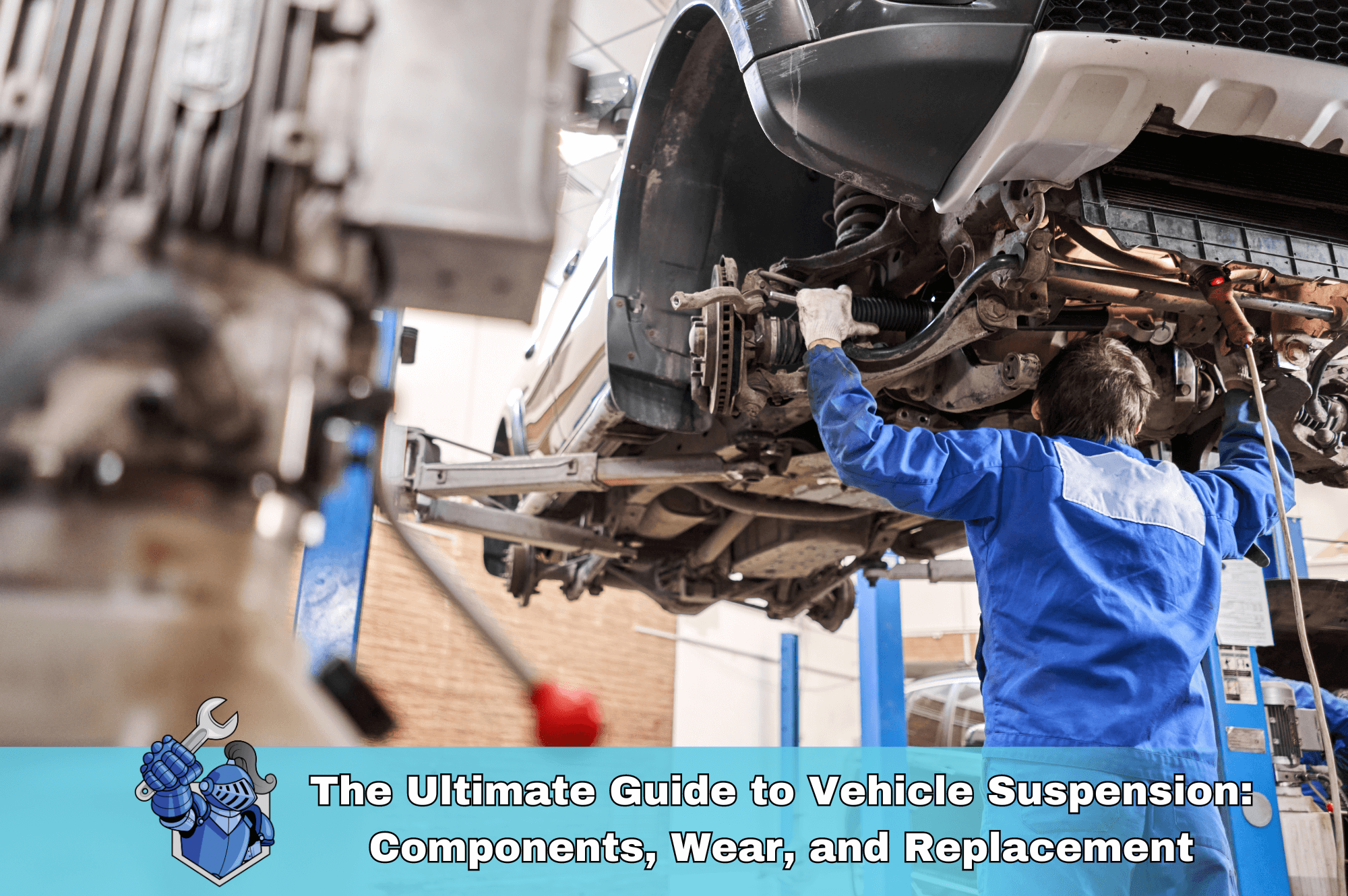 The Ultimate Guide to Vehicle Suspension: Components, Wear, and Replacement
The Ultimate Guide to Vehicle Suspension: Components, Wear, and Replacement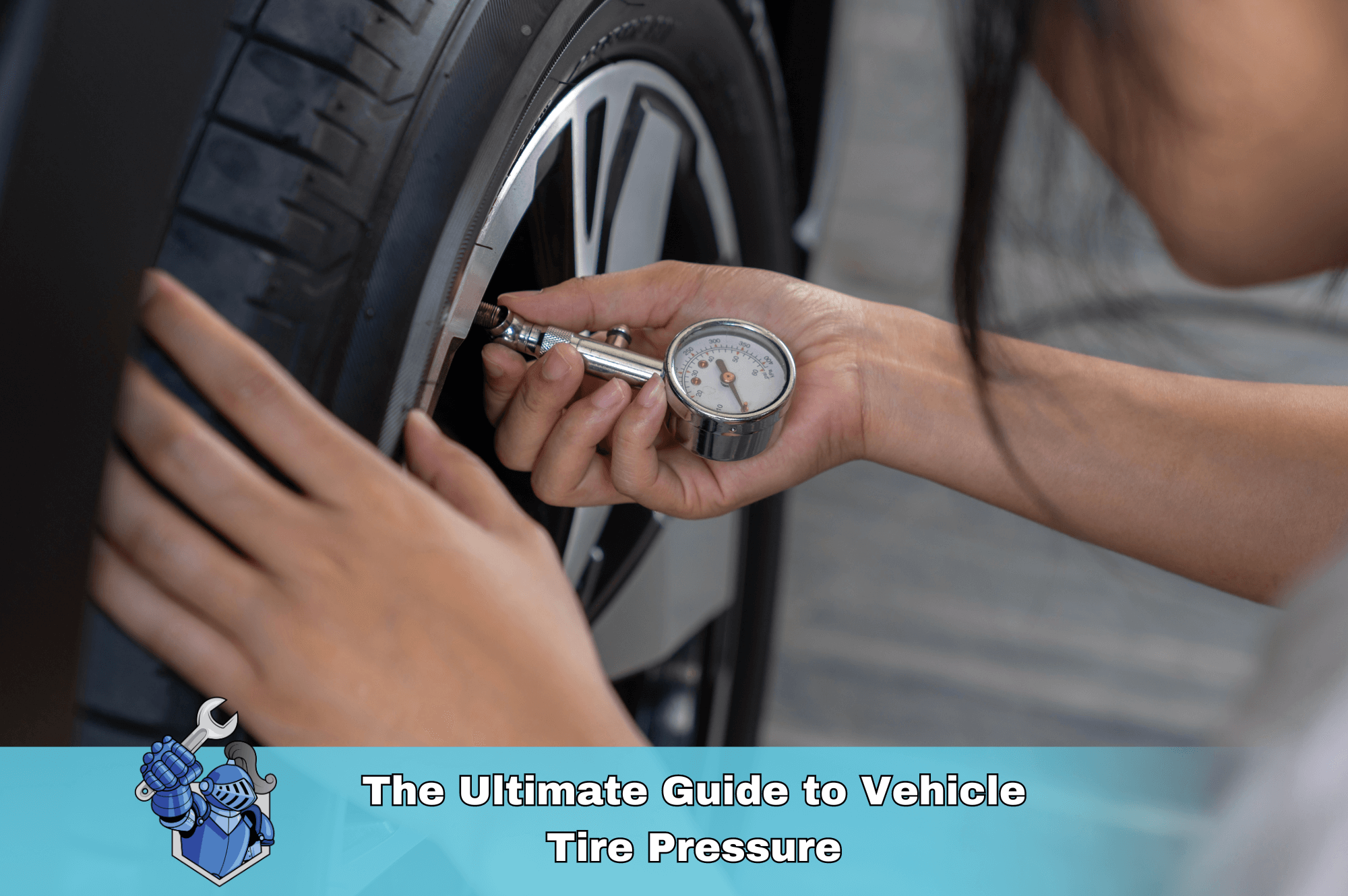 The Ultimate Guide to Vehicle Tire Pressure
The Ultimate Guide to Vehicle Tire Pressure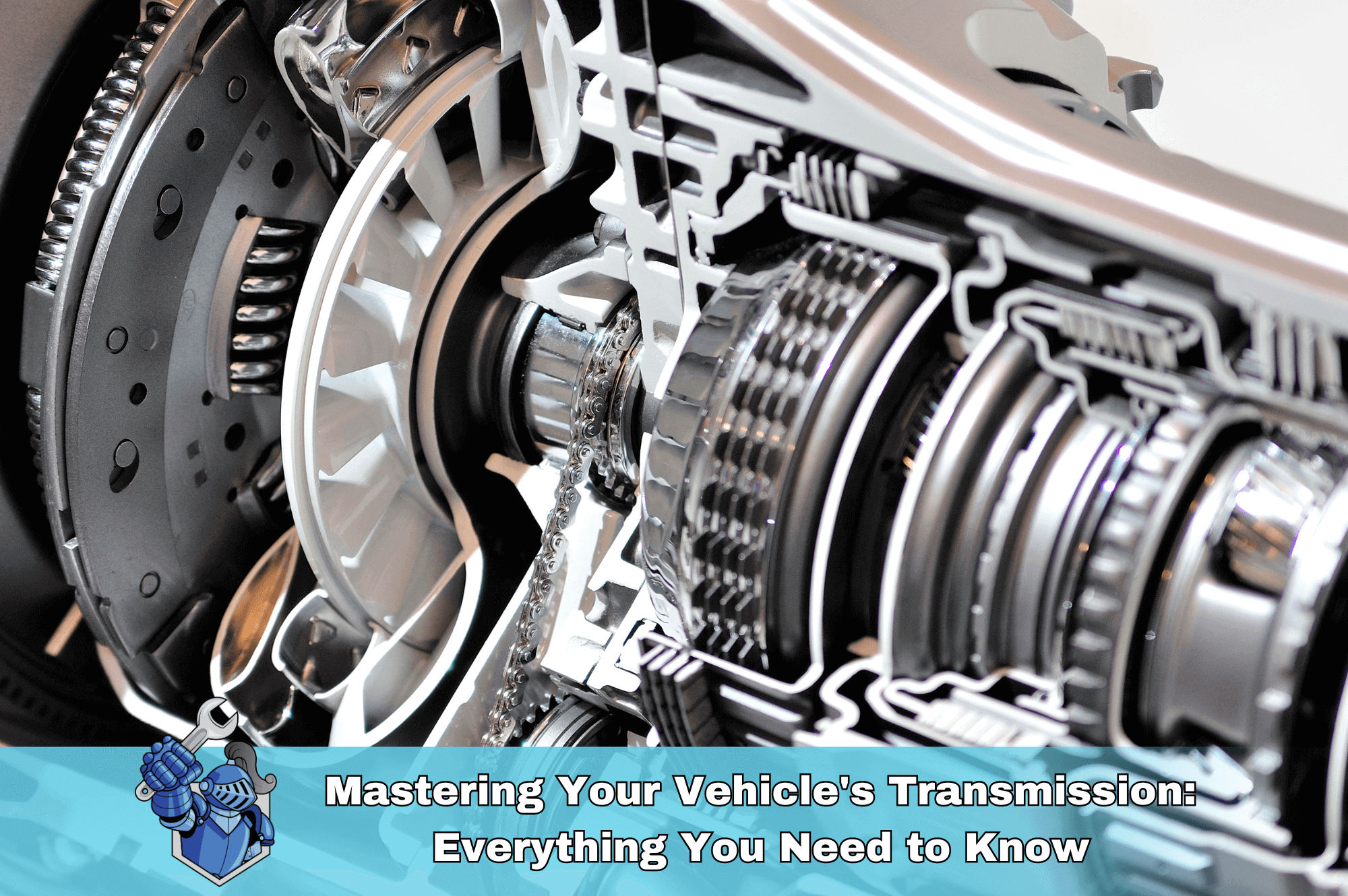 Mastering Your Vehicle's Transmission: Everything You Need to Know
Mastering Your Vehicle's Transmission: Everything You Need to Know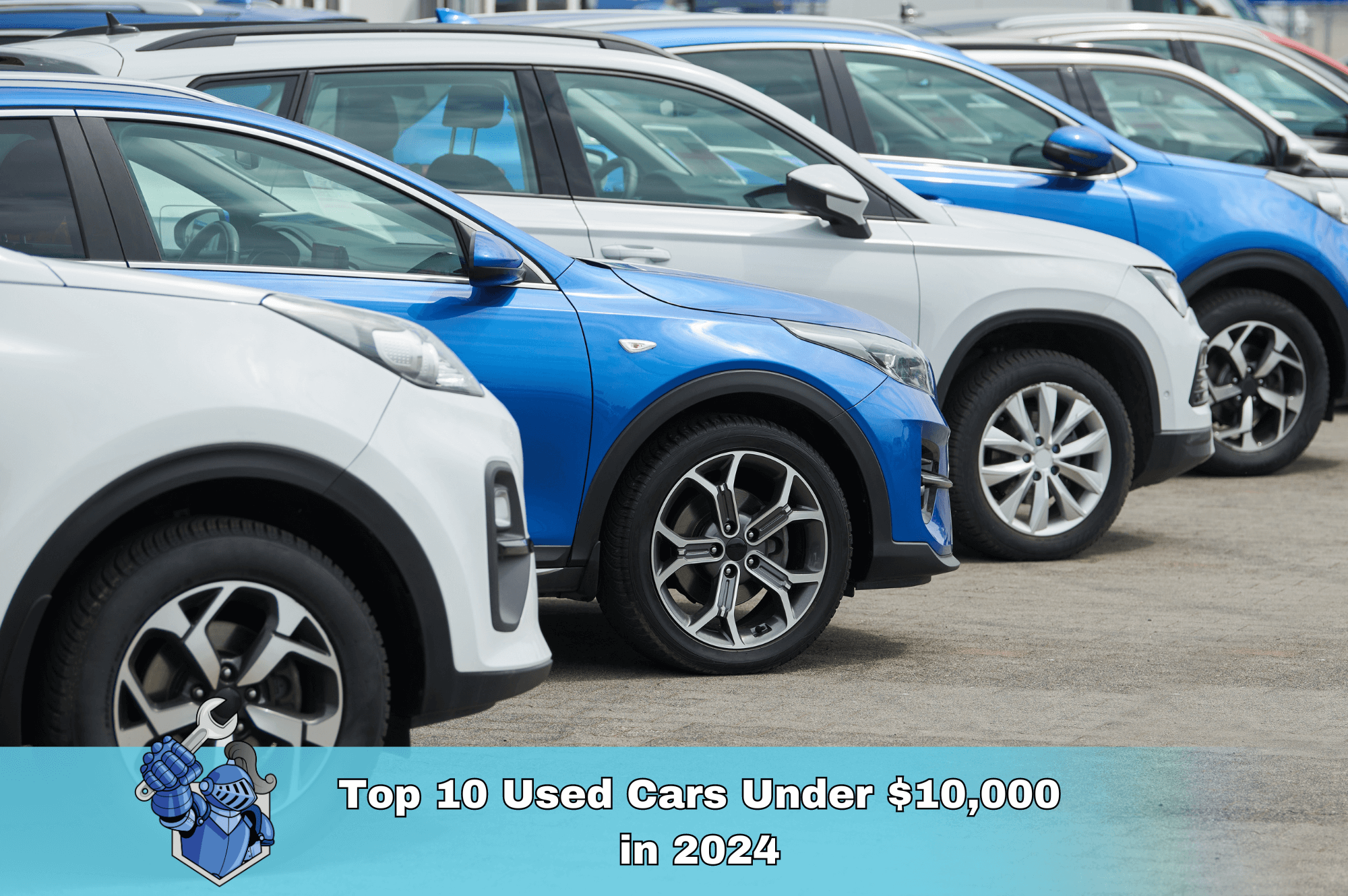 Top 10 Used Cars Under $10,000 in 2024
Top 10 Used Cars Under $10,000 in 2024
